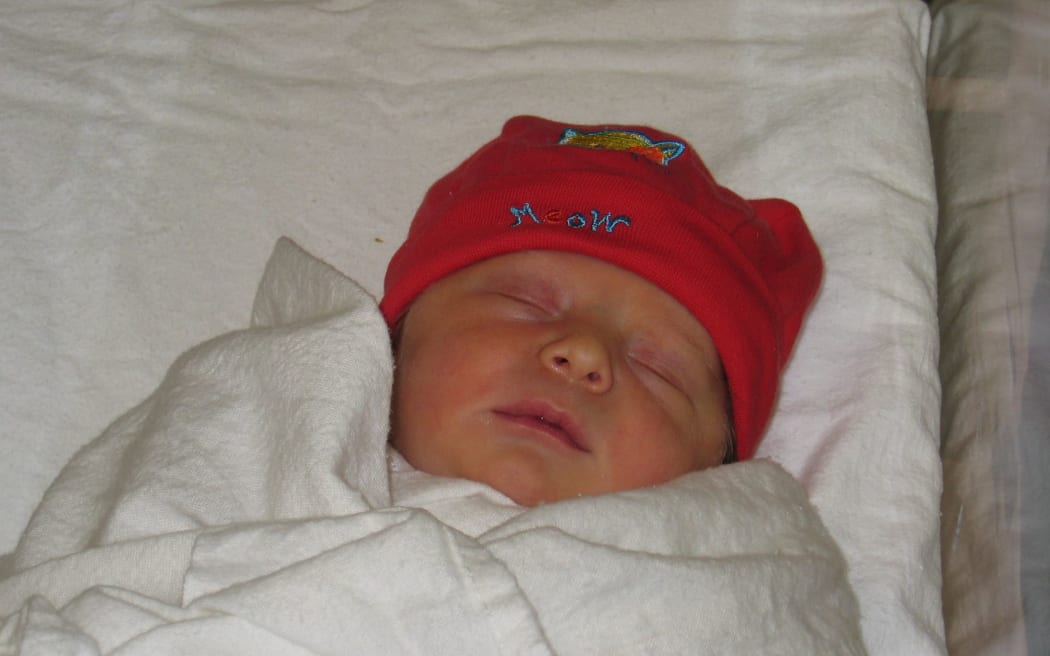Independent midwife Jayne started work at 7.30am last Thursday and finished at 8pm the next day, having brought two babies into the world and kept them - and their mums - healthy and alive.

Photo: Supplied
She says days like that are nothing unusual, but really, she'd like to be paid a bit more for being on call 24 hours a day, seven days a week; for working big hours and for holding people's lives in her hands.
Quite a bit more, in fact - perhaps 25 percent, she suggests.
Jayne earns $140,000 a year, but out of that comes $40,000 of costs, including hiring rooms with other midwives and paying a receptionist, petrol to get to appointments, and supplies such as gloves.
She works 60 hours a week to earn that money, and takes five to six patients a month; the college recommends midwives taking four.
It is because of women like Jayne that the College of Midwives today filed a High Court action against the Government, arguing midwives are paid less because they are women; it's bringing the case under the Bill of Rights Act.
"We're called out of our beds in the middle of the night, the acuity of the women has increased over the last 20 years ... they have more complicating factors to them and there's a whole lot of extra screening that's been put in that needs to be done.
"The income just hasn't increased, there hasn't been a pay increase for years," Jayne says.
"I think if it was males doing this and males were the majority of the midwives, I don't think they would tolerate the wages, the salaries that we're getting. It's unsustainable and new graduates and student midwives are just not interested in coming out as LMC (lead maternity carer) midwives because of the income.
"The income isn't reflecting the work that's being done."
Jayne has three children herself and says she can only do what she does thanks to a "very flexible husband" - he cooks the meals, runs the house and sorts the kids.
Hospital midwives work set hours and get a 2 to 3 percent pay increase each year; a senior nurse averages of $78,000 a year for 40 hour week, including penal rates, and also gets sick leave and annual leave, Jayne says.
There's no sick or annual leave for independent LMCs, and they don't get paid for the extras which pop up during pregnancy.
"When people are pregnant, if they tell us that the baby's not moving, we have to actually go and assess that. That takes a couple of hours of our time," she says.
"The woman who says she's got a sore tummy - we have to go and assess that and make sure everything's okay. The one who says she's got a headache.
"So these are extra over and above the normal assessments that we're doing in pregnancy."
An independent LMC will typically see a women 14 times during her pregnancy for 30 minutes each time. A typical first labour takes 12-18 hours, a second six to eight, and the LMC stays with the woman for two hours after the birth. Then they visit them seven to 12 times in their home.
"So it's big hours and it is demanding," Jayne says.
"Having said that, I really enjoy the job. It's challenging, it makes you think, it's rewarding, it's got its degree of adrenaline in it, where things are going pear-shaped and you need to fix it, and I feel like I'm making a difference in these women and babies' lives.
"But I don't think it's fair that I should do it for the love."



